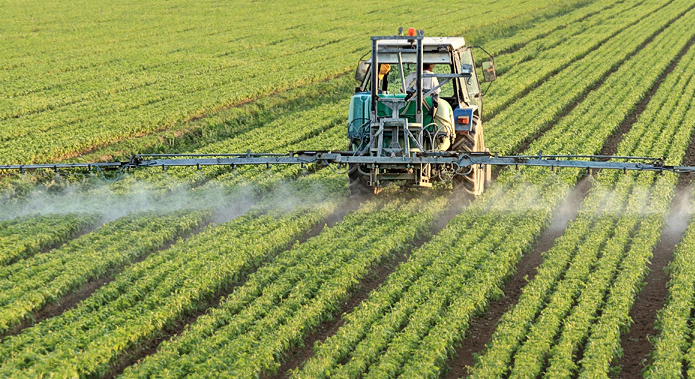Latin America has an abundance of fertile arable land. It is well on its way to adopting sustainable farming methods. In 2023, the region opted for eco-friendly methods, with the aim of countering major challenges, including extreme weather conditions and food security. At the Latin American Summit on Sustainable Agriculture held in Bogotá at the end of 2023, 15 countries on the continent signed an agreement to reduce 45% of greenhouse gas emissions from the agricultural sector by 2030. This shared promise includes the adoption of sound practices such as agroforestry, regenerative agriculture and the optimal use of water resources.
Between 2018 and 2024, the area dedicated to organic farming in Latin America increased by 60%, reaching 10 million hectares this year. The Inter-American Development Bank (IDB) announced in July 2023 the establishment of a $3 billion fund to support sustainable agriculture projects. Brazil reported a 30% decrease in deforestation linked to agricultural expansion in the Amazon in the first half of 2024, compared to the same period in 2023. More than 40% of Latin American farmers now use cutting-edge technologies that optimize the use of inputs and reduce ecological impact.
In March 2024, Mexico launched the “Sembrando Vida Verde” program with the aim of rehabilitating 1 million hectares through the establishment of agroforestry crops. Peru has introduced tax incentives for local farmers who opt for agroecological practices, resulting in a 25% increase in agroecological practices in just one year. The Colombian government, for its part, has implemented a national plan to eliminate the use of glyphosate by 2025, and prioritize alternative biological solutions.
Despite these advances, there are still obstacles. Indeed, nearly 65% of smallholder farmers do not yet have access to the financing required to implement these sustainable practices in the long term. In addition, the lack of quality infrastructure slows down the transition to more environmentally friendly methods. Experts highlight the need for efficient public-private partnerships, as well as the strengthening of public policies to support smallholders.




